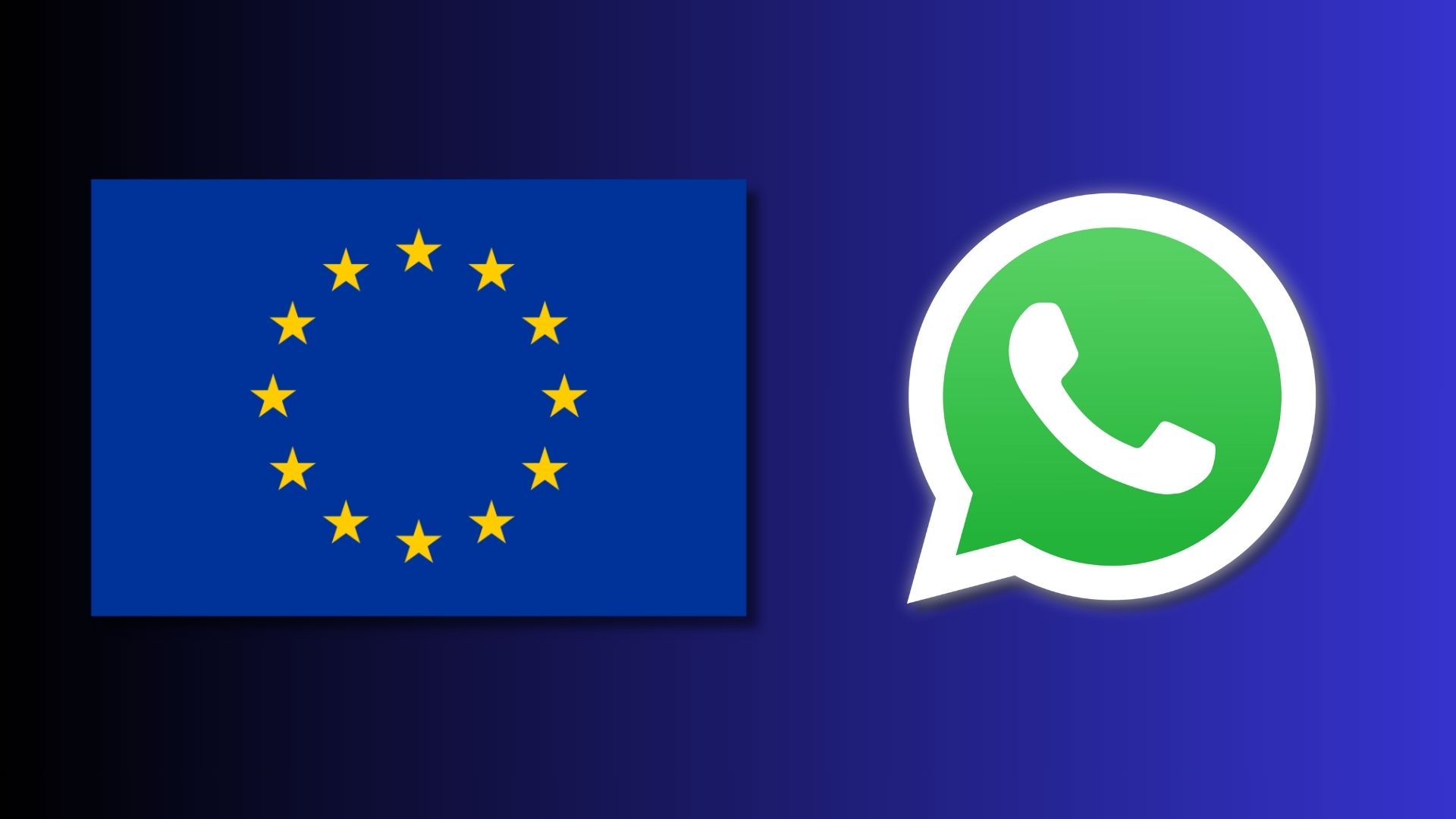The UK’s Information Commissioner’s Office has fined Reddit £14.47 million after finding that the platform unlawfully used children’s personal information and failed to put in place adequate age checks.
The regulator concluded that Reddit allowed children under 13 to access the platform without robust age-verification measures, leaving them exposed to content they were not able to understand or control.
Although Reddit updated its processes in July 2025, self-declaration remained easy to bypass, offering only a veneer of protection. Investigators also found that the company had not completed a data protection impact assessment until 2025, despite a large number of teenagers using the service.
Concerns were heightened by the volume of children affected and the risks created by relying on inadequate age checks.
The regulator noted that unlawful data processing occurred over a prolonged period, and that children were at risk of viewing harmful material while their information was processed without a lawful basis.
UK Information Commissioner John Edwards said companies must prioritise meaningful age assurance and understand the responsibilities set out in the Children’s Code.
The ICO said it will continue monitoring Reddit’s current controls and expects online platforms to align with robust age-assurance standards rather than rely on weak verification.
It will coordinate its oversight with Ofcom as part of broader efforts to strengthen online safety and ensure under-18s benefit from high privacy protections by default.
Would you like to learn more about AI, tech and digital diplomacy? If so, ask our Diplo chatbot!









